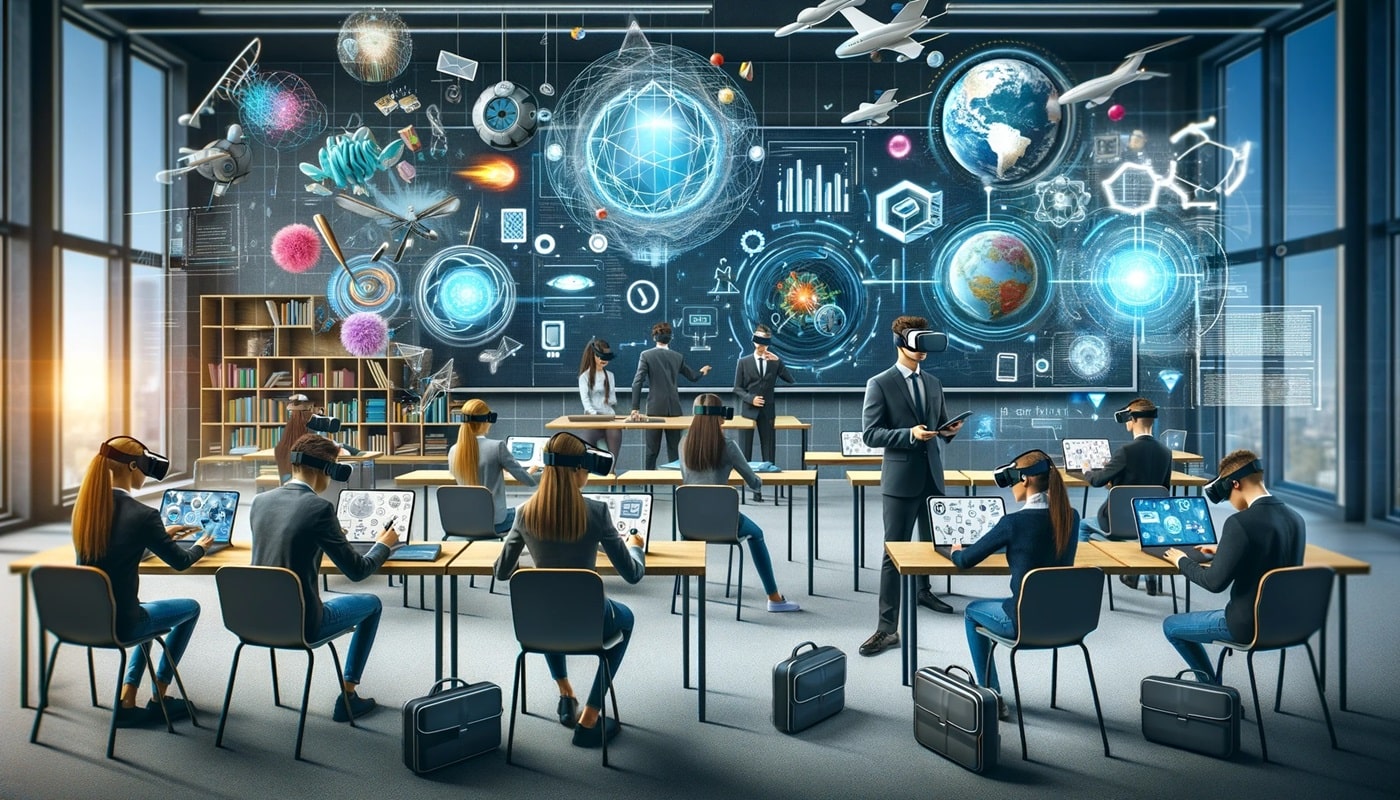In today’s rapidly evolving world, technology continues to push boundaries and offer us groundbreaking solutions that revolutionize various aspects of our lives. From artificial intelligence to virtual reality and robotics to quantum computing, the latest technological advancements have transformed industries, shaping our future and enhancing the way we live and work.
Latest Technological Advancements:
In this article, we embark on an exciting journey to explore some of the most thrilling technological breakthroughs that are reshaping our world and bringing us closer to a more advanced and interconnected future.
Artificial Intelligence
Artificial intelligence (AI) is a game-changer that has emerged as a driving force in numerous sectors. From chatbots and virtual assistants to self-driving cars and predictive analytics, AI is revolutionizing the way we interact with technology. Through machine learning algorithms, AI can automate tasks, provide personalized recommendations, and even make decisions like humans. The potential applications of AI span across industries, from healthcare and finance to manufacturing and customer service. With AI, we can expect increased productivity, efficient processes, and improved outcomes in various fields.
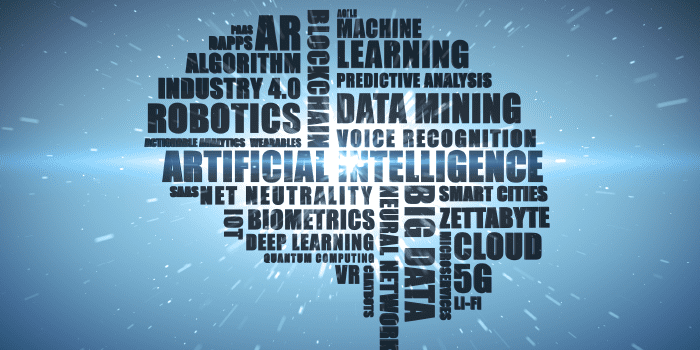
Internet of Things (IoT)
The Internet of Things (IoT) refers to the interconnected network of physical devices, vehicles, appliances, and other objects capable of exchanging data. This technology has transformed the way we interact with our environment, creating a seamless connection between the digital and physical worlds. IoT devices enable us to automate and control various aspects of our lives, such as smart homes, wearables, and industrial automation. Leveraging IoT technology, we can create smart cities, optimize transportation systems, monitor health conditions remotely, and even conserve energy. The possibilities for IoT are vast, and it continues to shape our future in unimaginable ways.
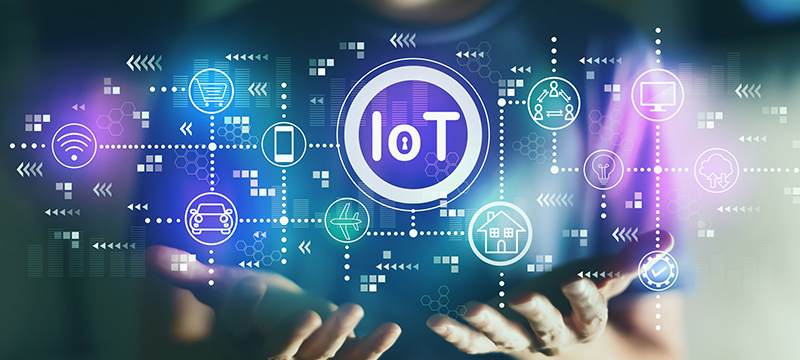
Virtual Reality (VR) and Augmented Reality (AR)
Virtual reality (VR) and augmented reality (AR) have taken immersive experiences to a whole new level. VR transports users to computer-generated simulation environments, allowing them to interact and experience a different reality. On the other hand, AR overlays digital content in the real world, enhancing our perception and interaction with our surroundings. These technologies have revolutionized sectors like gaming, entertainment, education, and even healthcare. VR and AR can create realistic training simulations, enhance learning experiences, and revolutionize storytelling. With the continuous development of VR and AR, we can expect more exciting applications in various domains.
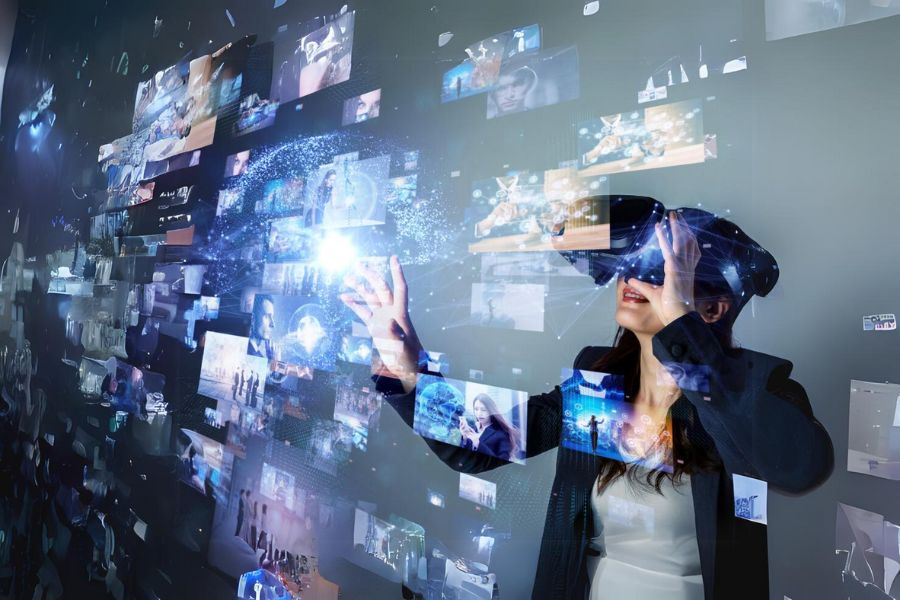
Blockchain Technology
Blockchain technology gained popularity with the rise of crypto currencies. However, its potential reaches far beyond the realm of digital currencies. Blockchain is a decentralized and transparent ledger that records transactions in a secure and tamper-proof manner. It has the potential to revolutionize sectors like supply chain management, finance, healthcare, and voting systems. Through blockchain technology, we can ensure trust, transparency, and efficiency in various processes. It can help reduce fraud, streamline operations, and promote secure transactions, making it a promising technology for transforming traditional industries.

Quantum Computing
Quantum computing is an emerging field that harnesses the principles of quantum mechanics to perform complex computations exponentially faster than classical computers. This technology has the potential to revolutionize fields such as cryptography, drug discovery, optimization problems, and machine learning. Quantum computers utilize quantum bits, or qubits, which can exist in multiple states simultaneously, allowing for parallel computations. Although still in its early stages of development, quantum computing holds tremendous promise for solving previously unsolvable problems and addressing critical challenges faced by humanity.

5G Connectivity
The advent of 5G connectivity is set to reshape the way we communicate, access information, and interact with technology. With faster speeds, lower latency, and increased capacity, 5G networks will enable technologies like autonomous vehicles, smart cities, and the Internet of Things to reach their full potential. 5G will offer seamless connectivity, ultra-high-definition streaming, and real-time communication, transforming the way we work, play, and communicate. It will unlock new possibilities for innovation and enable advancements in fields like telemedicine, augmented reality, and remote collaboration.
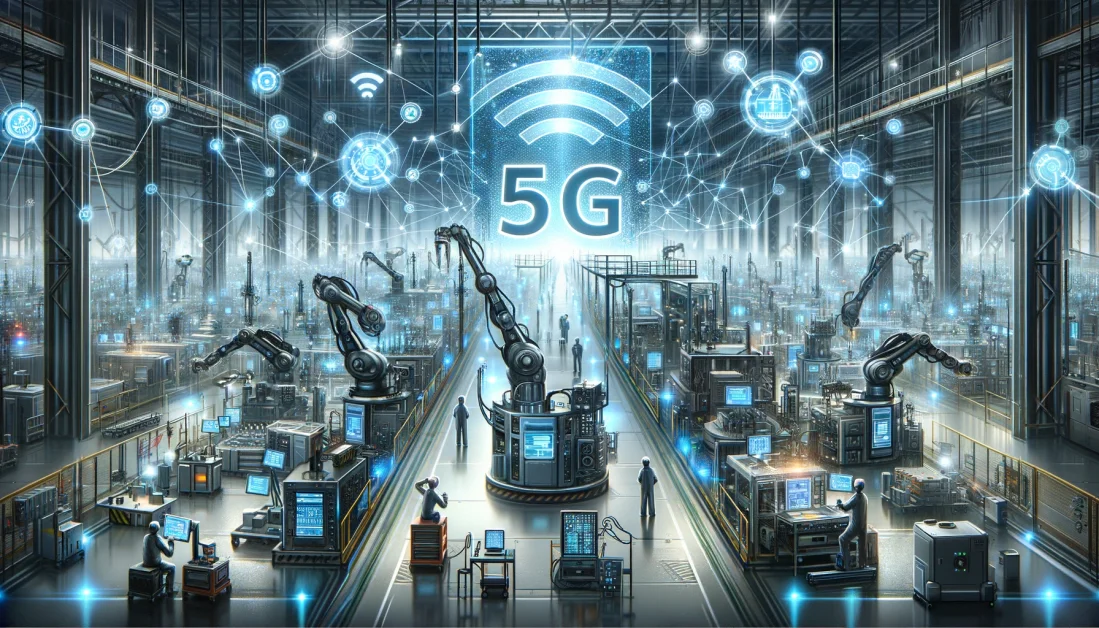
1. What is the difference between artificial intelligence (AI) and machine learning (ML)?
AI is a broad field that encompasses the development of intelligent machines, while ML is a subset of AI that focuses on algorithms and statistical models to enable machines to learn from data.
2. How does virtual reality (VR) work?
VR uses computer-generated environments to simulate realistic sensory experiences, immersing users in a digital world through headsets and controllers.
3. What is cloud computing?
Cloud computing refers to the delivery of computing services, including storage, processing power, and software, over the Internet, eliminating the need for local infrastructure and enabling scalability and flexibility.
4. What is cybersecurity?
Cybersecurity is the practice of protecting digital systems, networks, and data from unauthorized access, attacks, and damage.
5. What is big data?
Big data refers to extremely large and complex datasets that cannot be easily handled by traditional data processing methods, requiring advanced tools and techniques for storage, analysis, and visualization.
Conclusion
As we embark on this thrilling journey of exploring the latest technological advancements, we witness the remarkable speed at which technology continues to evolve. The exponential progress in fields like artificial intelligence, the Internet of Things, virtual reality, blockchain, quantum computing, and 5G connectivity is driving innovation and transforming industries.
These advancements bring us closer to a future where technology seamlessly integrates into our daily lives, enhancing productivity, efficiency, and overall well-being. As we move forward, let us embrace these technological breakthroughs and be open to the endless possibilities they hold for a brighter and more connected future.


